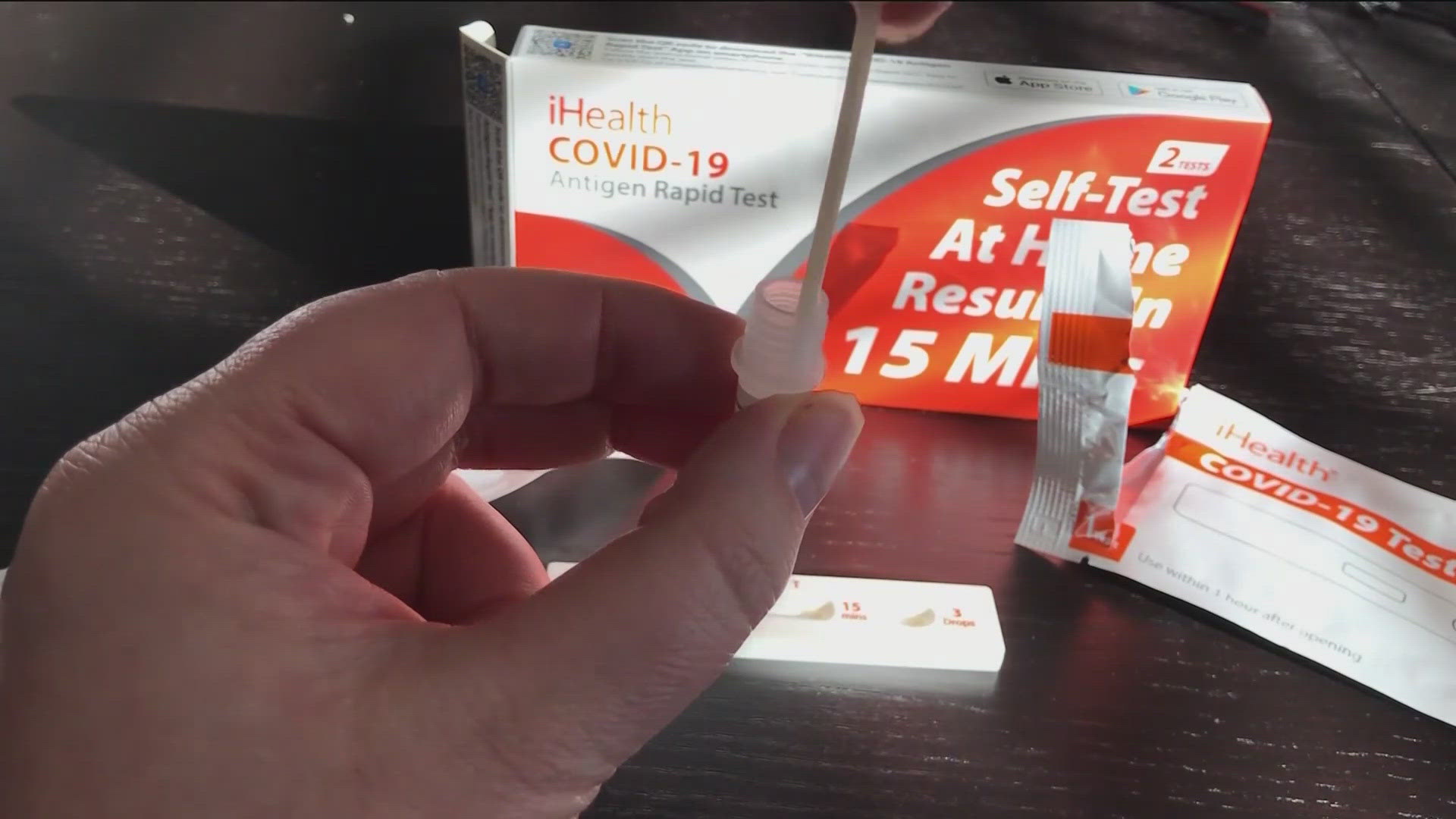TOLEDO, Ohio — More transmissible and less severe is how strains of COVID-19 have evolved and survived over the past few years, according to Dr. Brian Kaminski with ProMedica.
"If you were to look at this from the point of view of a virus, so if you are a virus and you're trying to be a successful species, what you'd want is you'd want to be highly transmissible but you would want to have low severity of illness," Kaminski said.
Right now, he said FLiRT, a subvariant of the variant Omicron, has been the most common in recent cases.
The number of cases from this illness and other variants has risen in the past few weeks according to the Lucas County Health Department.
Lucas County public health commissioner Karim Baroudi said there's been about 12 to 13 cases every week in Lucas County from June 17 to July 17.
However, just this past week, Baroudi said they saw above that average with about 21 cases alone.
"If we are to look into reasons why we're having this little increase in numbers, it would be probably the variants," Baroudi said. "The variants that are emerging, mutating to evade some of the immunizations or some of the immunity we've built through the years."
Kaminski said the newer variant's symptoms are similar to those of a common cold or flu.
"Today, most people that experience cold symptoms, COVID can present just like that and it can be worse than your common cold," Kaminski said. "I can't tell you how many times I've seen a patient come in and they have some symptoms and we end up doing some tests for COVID, COVID comes back positive and they say 'Well, I thought I just had a cold.'"
As fewer people are going to hospitals to get tested for the virus, Kaminski said they now have to rely on wastewater rather than direct tests to get a more accurate result of how much it has spread.
"There are certain people who are at risk and we know what the risk factors are," Kaminski said. "Age and obesity and other chronic underlying illnesses that put certain individuals at higher risk than others."
Dr. Kaminski said even those individuals compared to previous years have a much lower likelihood of getting severely sick.
Both Baroudi and Kaminski advise people to treat the virus like you would the flu or common cold.
Taking care of yourself, drinking plenty of fluids and getting rest is recommended.
In addition to self-care, they said staying up to date on the latest vaccines is the best way to avoid the virus.
If you are experiencing any enhanced symptoms, Baroudi recommends seeing a doctor.

